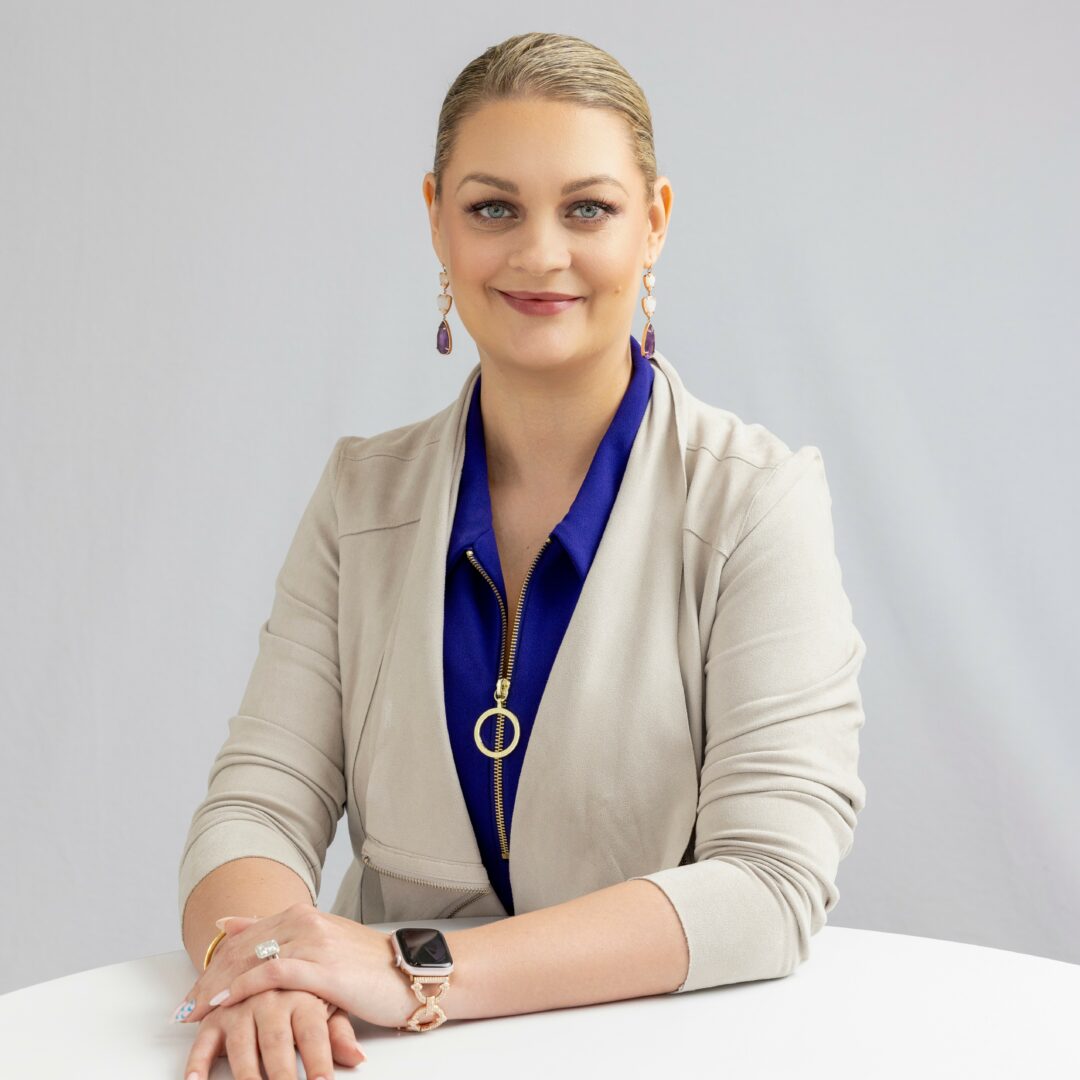We recently had the chance to connect with Lina Rugova and have shared our conversation below.
Hi Lina, thank you for taking the time to reflect back on your journey with us. I think our readers are in for a real treat. There is so much we can all learn from each other and so thank you again for opening up with us. Let’s get into it: What are you chasing, and what would happen if you stopped?
I’m chasing something that might not even exist, at least not in the way I picture it. By now, I thought I’d be “settled”: a steady career, a house full of family, and a calm routine. And yes, I technically have some of those things. But I’m my own toughest critic, so I push past every milestone without stopping to notice I’ve already arrived at many of them.
My husband jokes I should’ve been a millionaire who just spends her time funding causes and helping people without ever sending an invoice. He’s not wrong.
The truth is, my bar is set so high that “enough” never feels like enough. However, I’ve been told “no” more times than I care to count, and lately, it’s wearing on me; maybe it’s time to let go, or maybe it’s just my age. Not because I want recognition, but because all I’m trying to do is create more opportunities for my community. Perfection doesn’t exist, but try telling that to someone who still thinks there’s one more mountain worth climbing.
And if I stopped? Honestly, nothing earth-shattering would happen. We’re all replaceable. Someone else would step in, maybe do it differently, maybe not perfectly, but the work would still get done. That’s the humbling part, it’s never really about me.
Can you briefly introduce yourself and share what makes you or your brand unique?
I was born in Kazakhstan and raised in the Bronx, New York, in a home where two very different worlds collided: my Russian mother and my Puerto Rican stepfather. That mix of cultures taught me adaptability before I even knew the word. At 20, I became a wife and a mother, and overnight, my life shifted from figuring out my own future to building a life for a family. New York became my greatest teacher. It showed me grit, speed, and how to thrive in places where no one hands you a step-by-step guide.
I’ve always been an entrepreneur at heart, and over the years, I’ve built multiple ventures. One of them, a consulting firm I founded, was eventually merged into another. On paper, it should have been a smart move. In reality, it was my crash course in how bad partnerships can sink even the best ideas. That experience taught me that not every opportunity is worth taking and that knowing when to walk away is just as important as knowing when to start.
When I moved to Texas, of all places, I saw a business community that was alive with possibility but scattered in its support. Resources were everywhere, but they weren’t coordinated, and entrepreneurs often struggled to navigate them. The problem wasn’t access, it was delivery. Many small business owners needed more than a list of resources; they needed someone to meet them halfway, guide them through the process, and help connect the dots.
That’s why I founded Emerge and Rise, a nonprofit venture development organization focused on supporting our local and unique small businesses, right here in San Antonio. We’re not just about growing companies; we’re about building ecosystems where entrepreneurs can grow sustainably and with confidence.
What makes us different is that we’ve added something most small business programs skip entirely, teaching environmentally responsible business practices that address social responsibility and strong governance, along with social innovation. Small businesses are often left out of that conversation, and we’re determined to change that.
Beyond my work with Emerge and Rise, I serve as a faculty instructor at Palo Alto College, connecting students to the real-world skills and strategies they’ll need to succeed in today’s business environment. I’m also a facilitator and corporate trainer, working with organizations to explore innovation, design thinking, and intrapreneurship in ways that create actionable change. Whether it’s in a classroom, a workshop, or a one-on-one strategy session, my focus is the same: to help people see what’s possible and then give them the tools to make it happen.
Today, we work at the intersection of economic development, business development, sustainability, and community empowerment, creating hands-on programs that connect business owners to tools, funding, networks, and the kind of guidance that helps them survive beyond the first few years.
We are in a growth phase, but it’s been harder than I expected. The truth is, we’re rethinking our model. Because if we’re struggling this much to be seen and heard, it’s a sign the way forward needs to be rebuilt. And that’s what entrepreneurship really is: knowing when to double down, when to pivot, and when to design something entirely new.
Appreciate your sharing that. Let’s talk about your life, growing up and some of topics and learnings around that. What’s a moment that really shaped how you see the world?
It’s never been one single moment; it’s daily life. We live in a volatile world, where waking up often means bracing for bad news. It’s stressful, and it weighs on me. I feel the pain of others deeply, whether as a mother, daughter, wife, or sister. I tend to step into everyone’s shoes, and I’ve never figured out how to turn that off.
The first moment that truly shaped me was September 11th. I was sitting in a classroom during my first year in an American school when the entire building went into lockdown. I barely understood English, but there was one other immigrant boy who spoke my language and explained what was happening. That experience taught me how quickly the world can change and how disorienting it can be when you don’t have the tools or words to navigate it.
Since then, every national or local election, every shift in our social climate, has shaped how I see this country. I no longer believe in the “American Dream” as it’s sold to us; it’s hard to achieve, hard to build community, and even harder to sustain it. Friendships can feel fragile, and trust doesn’t come easily. I’m not a native to this country or to this city, so I don’t blend in; navigating that is hard at times.
And yet, I’m still optimistic. I’m not afraid to take risks or try new things, because why not? If life keeps proving it can change overnight, then we might as well take the chances worth remembering.
What have been the defining wounds of your life—and how have you healed them?
The defining wounds of my life have all come from moments of deep change and uncertainty, immigrating to this country, adjusting to a new culture, building and raising a family far from where I started, moving across the country, navigating the pandemic, and starting businesses that didn’t work out. Each one left its own mark. None of them were easy, and some felt impossible while I was in them.
What’s healed me, truly healed me, has been the constant presence of my family, especially my husband. He’s been my rock through every setback, reminding me that I don’t have to carry the weight alone. That kind of ride-or-die support is rare, and I never take it for granted. My kids have been part of that strength too. They’ve seen the struggle up close, and they’ve also seen me keep going.
I’ve learned that no one understands your challenges the way your family does. Leaning on them hasn’t erased the wounds, but it’s kept me from letting those wounds define me. The scars are there, but they’re a reminder of what I’ve survived and who stood with me when it mattered most.
And I know not everyone has that kind of support at home. For those who don’t, mentorship can be a lifeline, though I’ll admit I didn’t discover its value until much later. True friendship, when it’s built on trust and mutual respect, can also carry you through storms you can’t weather alone. Whether it’s family, mentors, or friends, find your people, build your circle. They make the hard parts survivable.
Sure, so let’s go deeper into your values and how you think. What are the biggest lies your industry tells itself?
We live in a tech- and media-driven world, and one of the biggest lies my industry tells itself, and others, is that everything is possible if you just want it badly enough. The glossy version says you can work 20 hours a week and make six figures, that social media will magically make you rich, and that real estate is always a sure bet. The truth? Everything takes more time, effort, and money than the headlines suggest.
Even the idea that “your network is your net worth” is oversimplified. Yes, relationships are powerful, but building a strong network takes years of trust-building and consistent presence; it doesn’t happen because you went to one mixer or sent a few LinkedIn requests.
The reality is, nothing about business ownership or leadership is easy or instantly accessible. There are layers of hard work, setbacks, and unglamorous grind that rarely make it into the success stories. And here’s the part people avoid saying out loud: in order to be successful, you almost always have to fail first. Failure isn’t the opposite of success; it’s the process that shapes it. Those missteps are what force you to adapt, refine, and build resilience.
That’s why the industry needs to stop selling the myth of the shortcut and start talking about the value of persistence, adaptability, and patience. Because if you expect overnight results, you’ll quit before the real progress even starts.
Thank you so much for all of your openness so far. Maybe we can close with a future oriented question. What are you doing today that won’t pay off for 7–10 years?
I’ve been consulting and working in business development for the last 15 years, but I know the way my industry operates today won’t look the same in 7–10 years. We’re entering a new era, one shaped by artificial intelligence, quantum computing, and rapid policy changes, and it’s going to transform consulting, nonprofit work, and even the retail landscape in ways we’re only starting to see.
This isn’t about fear, it’s about readiness. The next decade isn’t going to reward those who cling to “how we’ve always done it.” It’s going to reward the people and organizations who start thinking, acting, and adjusting now. Consultants will need to go beyond traditional deliverables and integrate AI and advanced analytics into strategy. Nonprofits, already under pressure from funding challenges, policy shifts, and the same market forces squeezing retail, will need to adopt emerging technology to operate more efficiently and reach more people. And yet, with all of this innovation, one truth remains: the human touch will never be replaced.
Technology can process data, automate processes, and even simulate connection, but it can’t truly understand lived experience or local nuance. That’s where leaders, advisors, and community builders will remain irreplaceable. The danger is not in adopting technology; the danger is in thinking we can survive without combining it with human judgment, empathy, and trust.
Professional development has never been more important. The skills that keep you relevant today may be outdated in three years, let alone ten. The payoff for investing in that growth now isn’t immediate; it’s in the organizations that survive disruption, the leaders who adapt rather than resist, and the communities that thrive because they prepared for the future before it arrived.
Contact Info:
- Website: https://linarugova.com
- Linkedin: https://linkedin.com/in/linagrugova
- Other: Emerge and Rise: https://emergeandrise.org
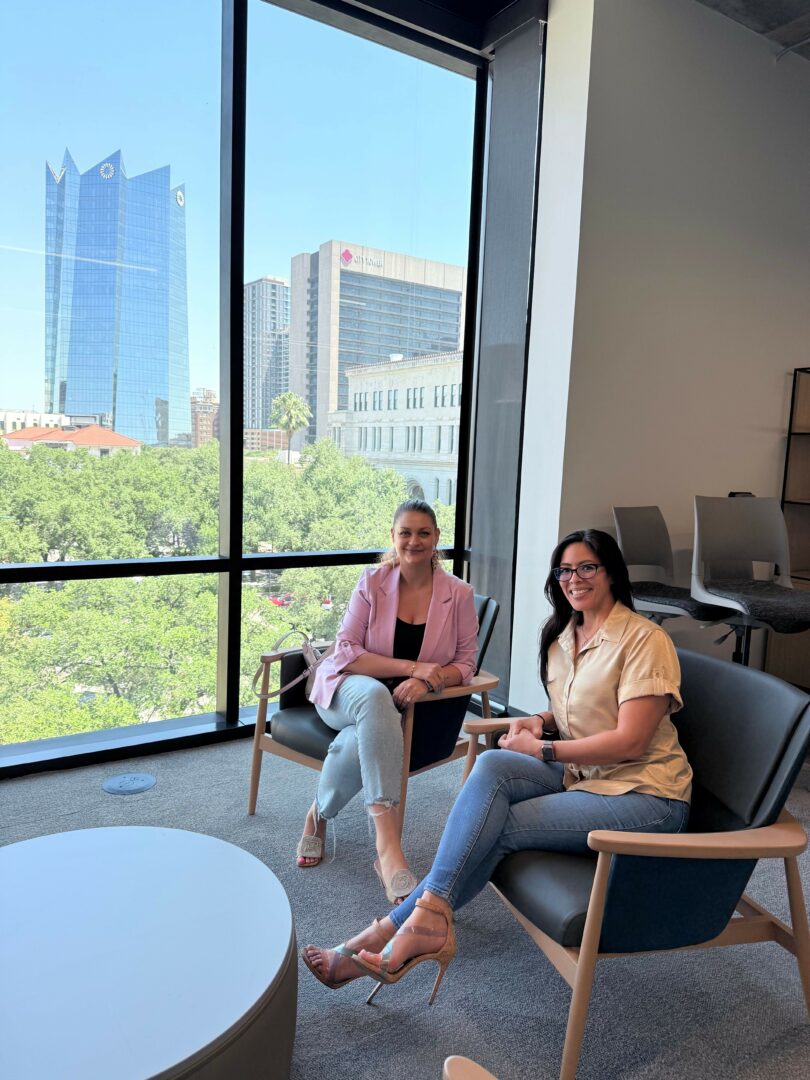
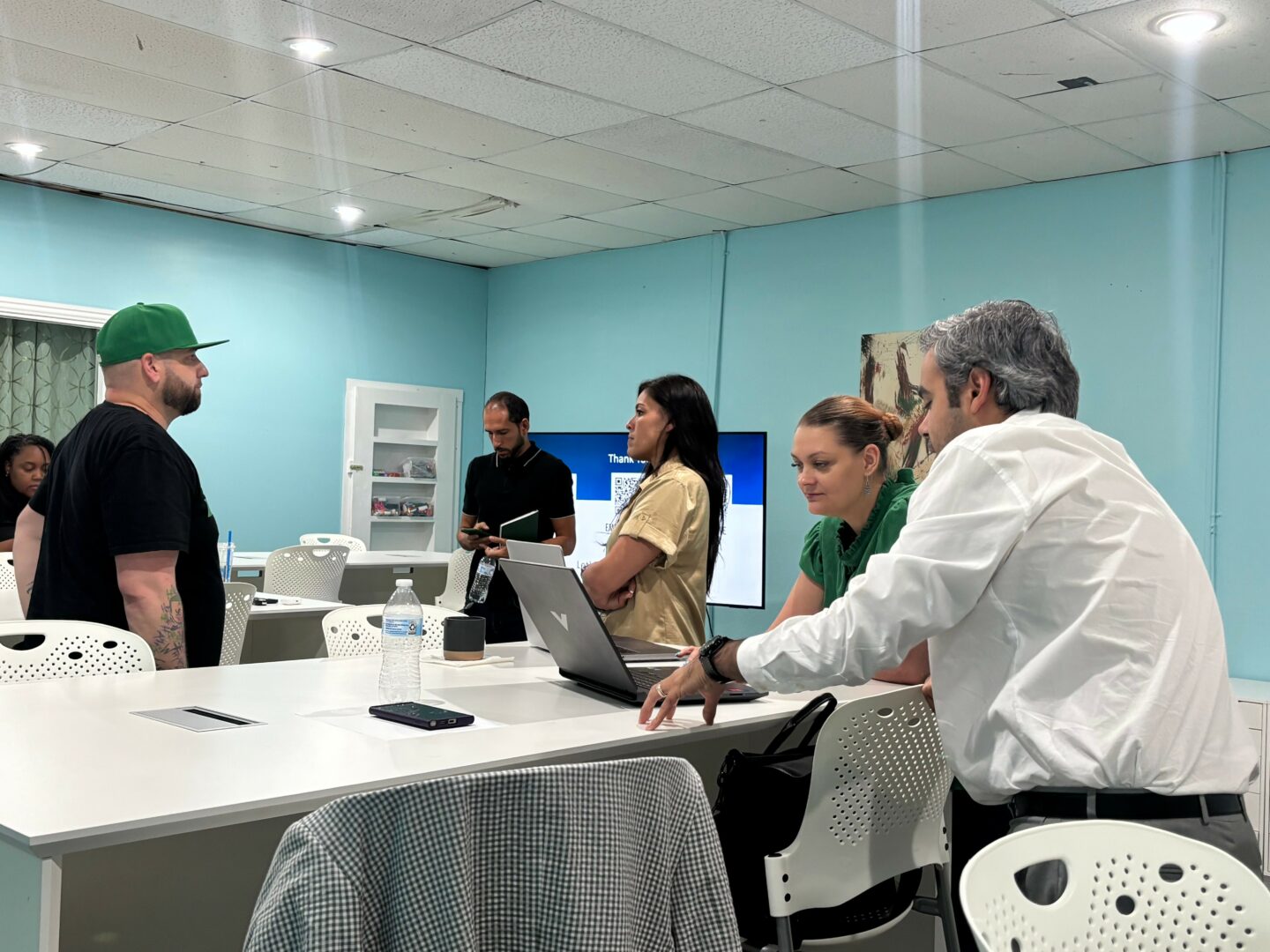
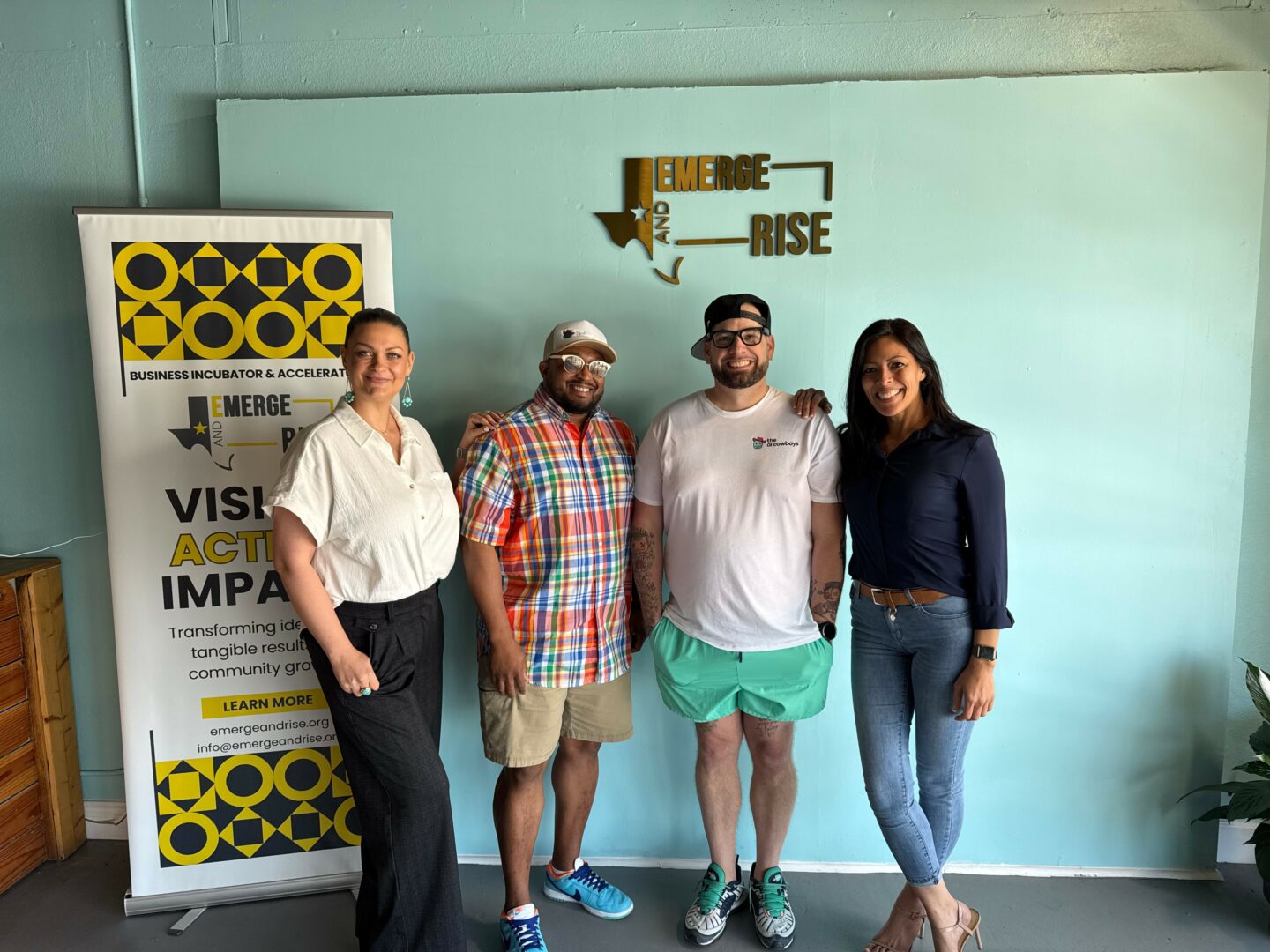
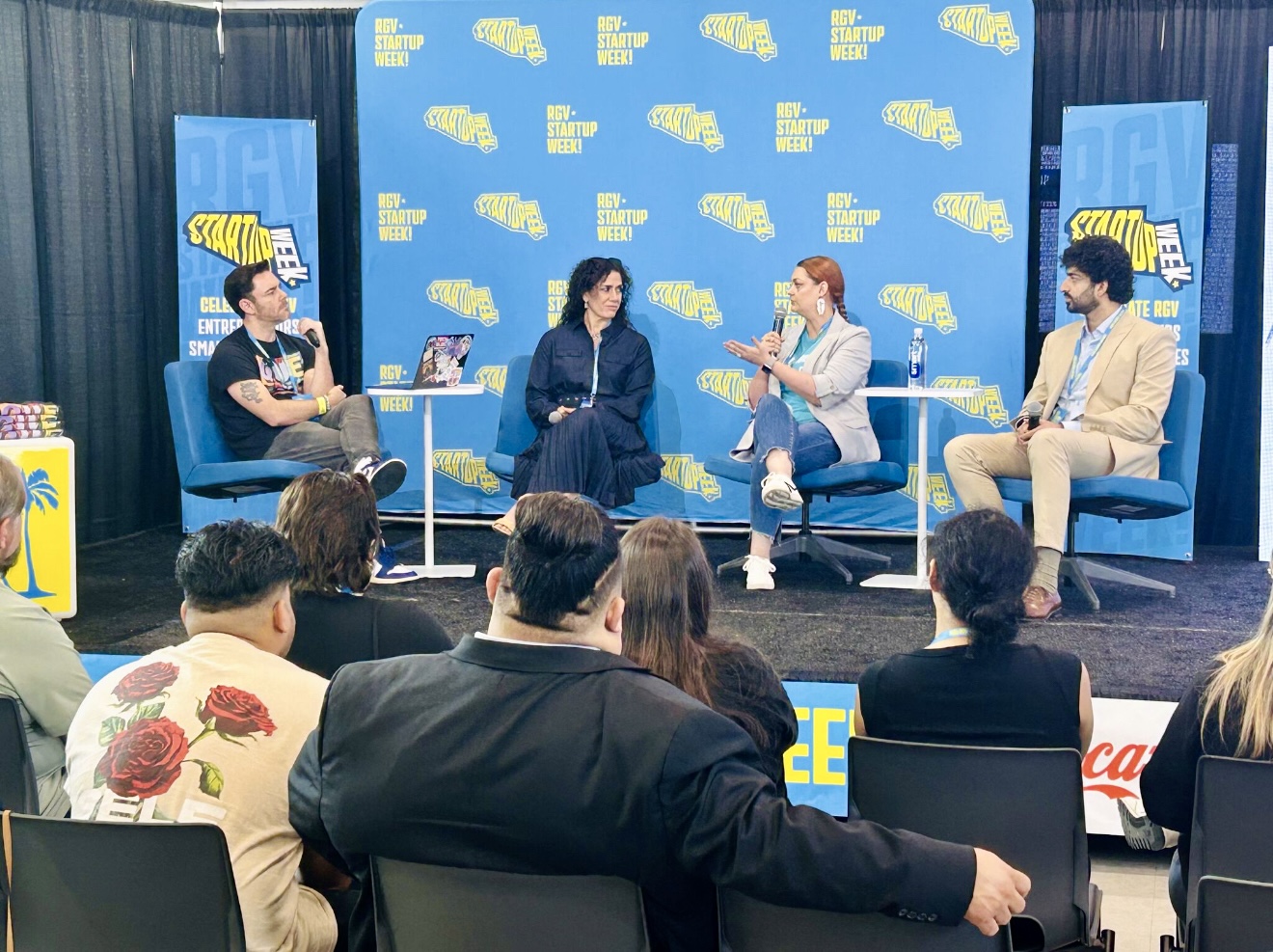
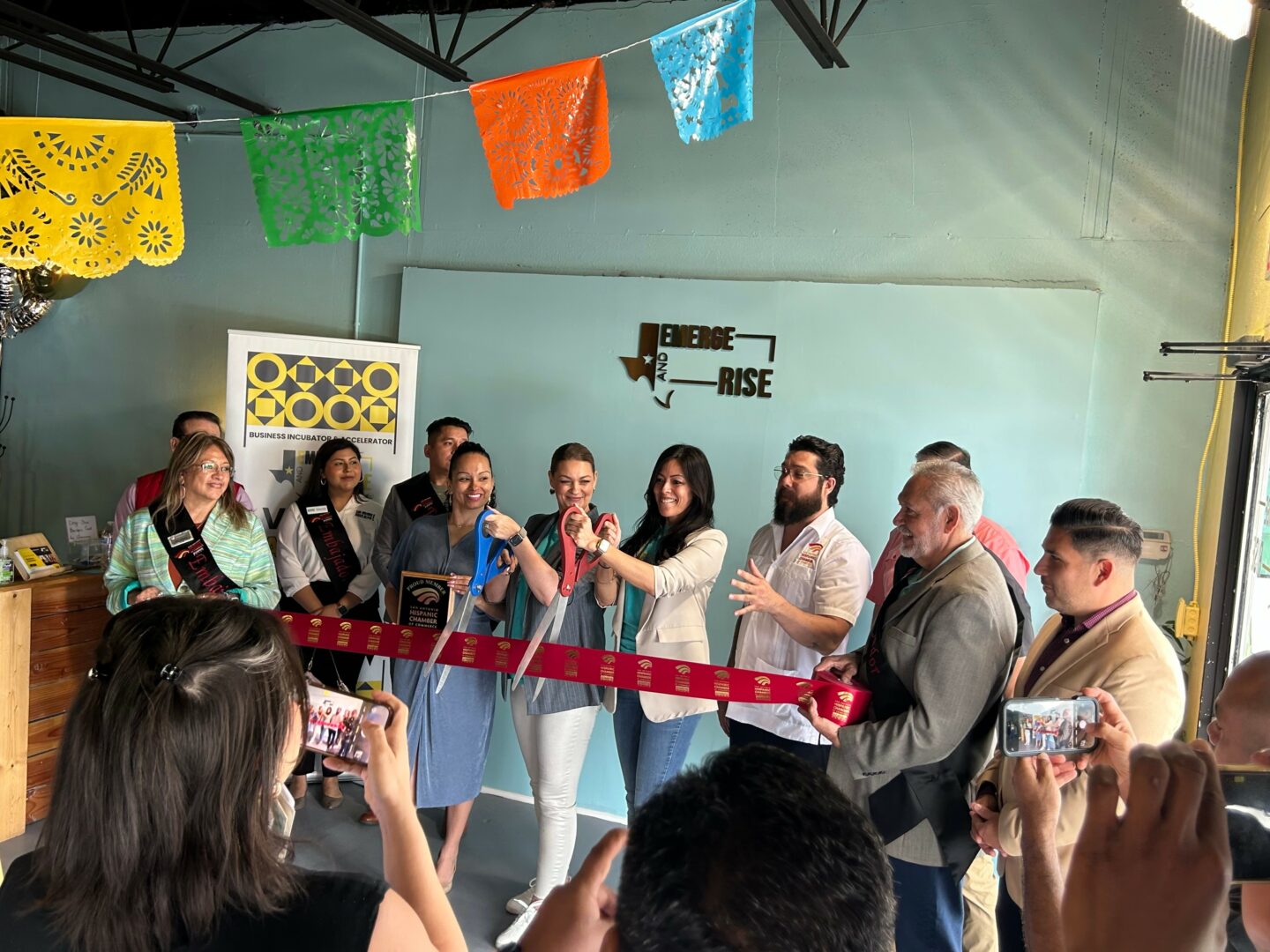
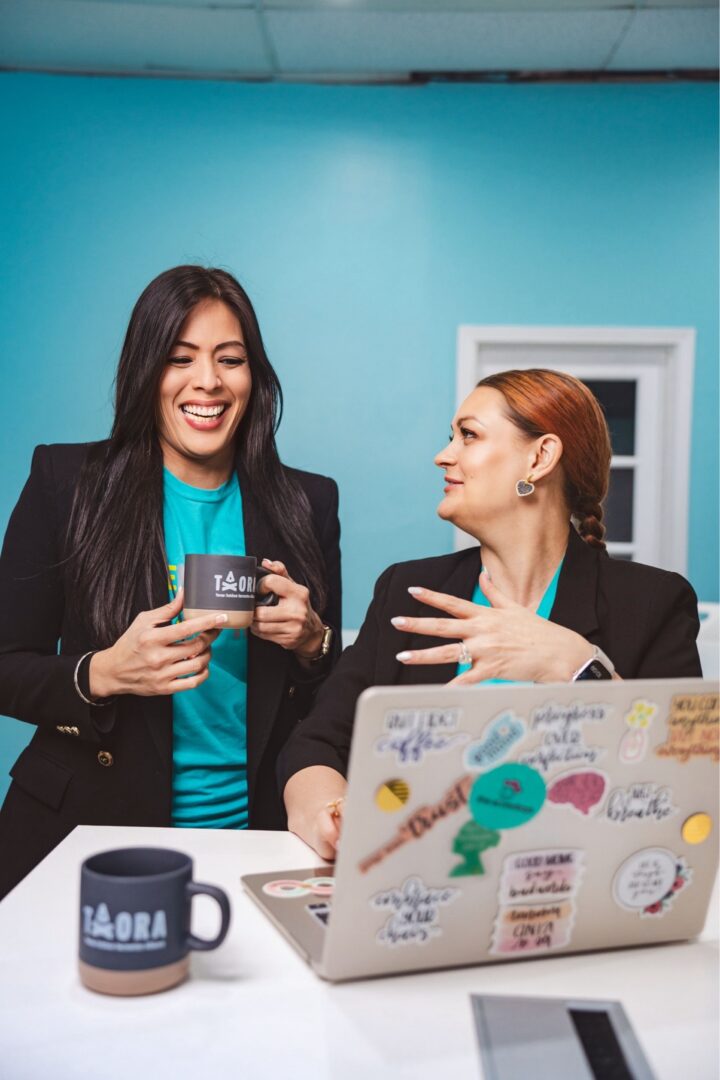
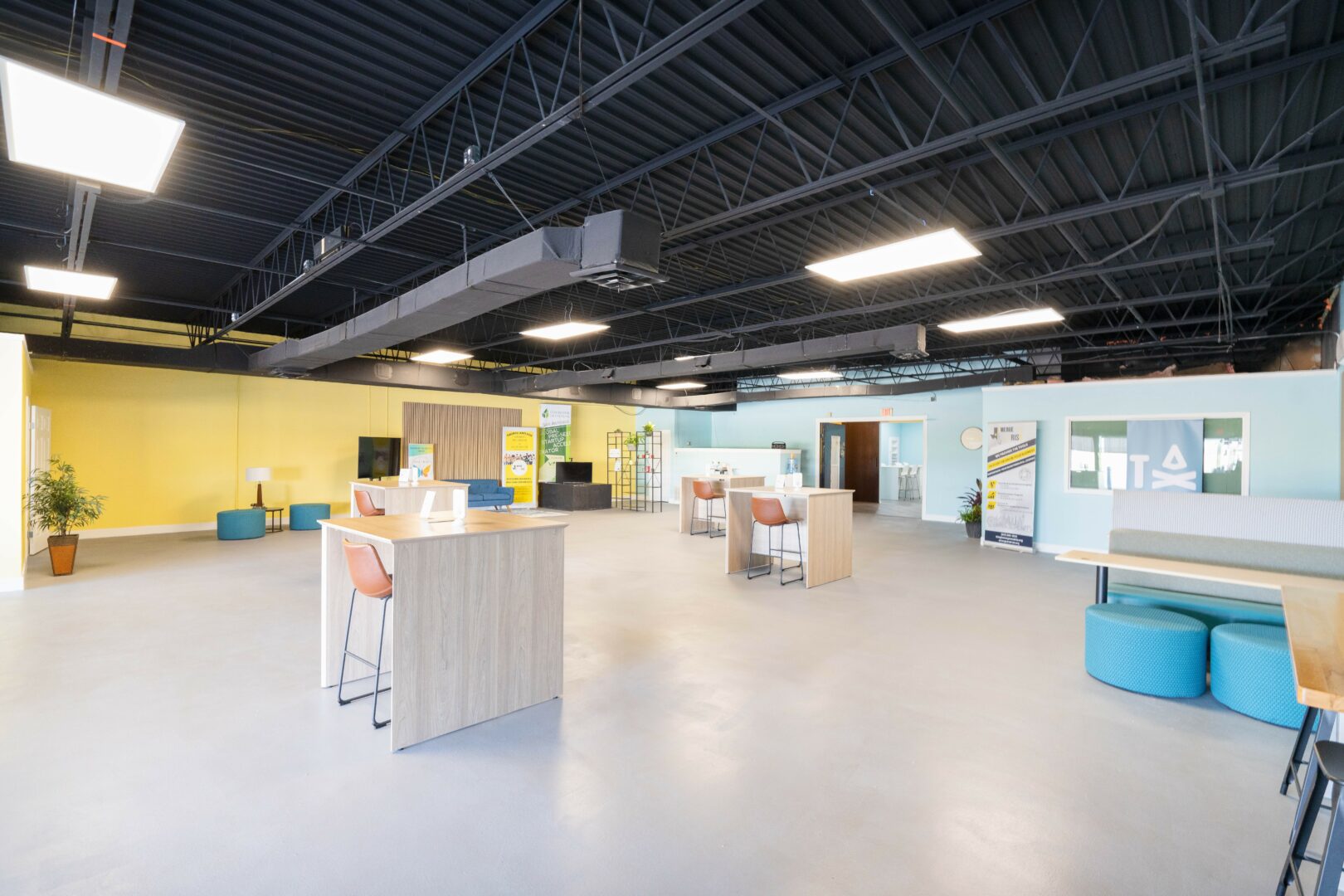
Image Credits
Headshot: Celebrated Reflections by Suzanne Pack
Space: Serendipity Social Co & The Happy Lab Media Co
so if you or someone you know deserves recognition please let us know here.

